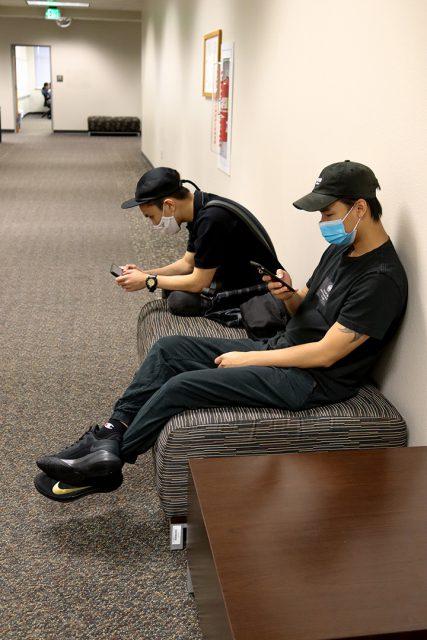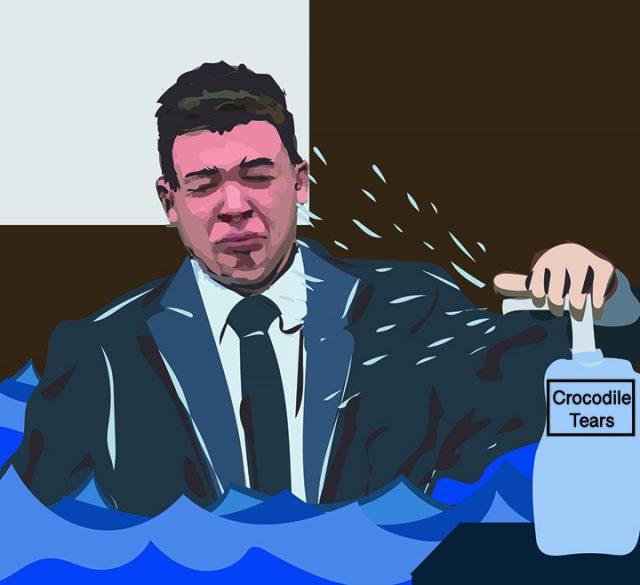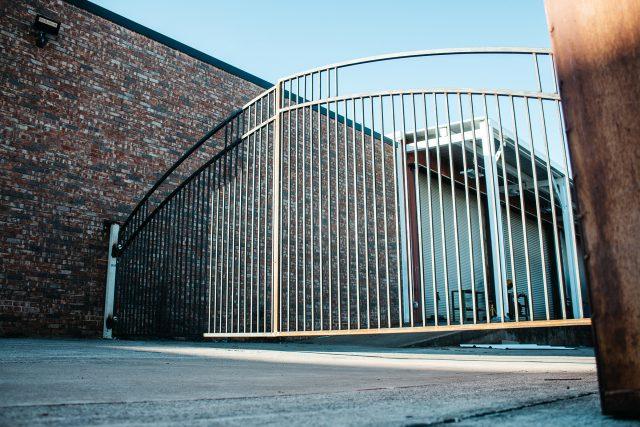JANINE SHUMAN
reporter
Sleep deprivation is the silent epidemic that plagues many college students. An alarming statistic reported by the National Institute of Health claims more than 70% of college students state they receive less than seven hours of sleep a night.
Once the exam season bells chime, the bottomless coffee pots brew as students prepare to burn their retinas at their computer screens all night, cramming a semester’s worth of knowledge into a few nights.
Social media instigates this unhealthy lifestyle by glorifying the no-sleep culture through memes and relatable posts.
The habit students deem beneficial for their exam scores ironically causes brain-fog, anxiety and depression, all perpetrating eventual academic burnout.
Aside from the laundry list of short-term side effects such as memory loss, impaired concentration and mental health obstacles, this continuous unhealthy lifestyle may lead students down a troublesome path.
According to Eric Suni, a staff writer at Sleep Foundation, statistics explicate that continuous sleep deprivation can lead to heart attacks, diabetes, strokes, obesity and impaired immune systems.
My intention is not to mirror Web-MD and convince you that you only have moments to live because you lost a few hours of sleep. I believe that we should collectively encourage healthier lifestyles and keep our health in mind before making decisions.
Time management is challenging for college students juggling a full course load with jobs and other obligations. While it may feel like there are not enough hours in the day, staying organized is imperative.
Instead of sacrificing the sleep that allows us to refresh and function throughout the day, push your task to the next day. Chances are you will have higher clarity, resulting in even more academic success.
The next time you feel the urge to spare your sleep time, you should consider giving your eyes and your overworked coffee pots a break for the sake of your health.






































